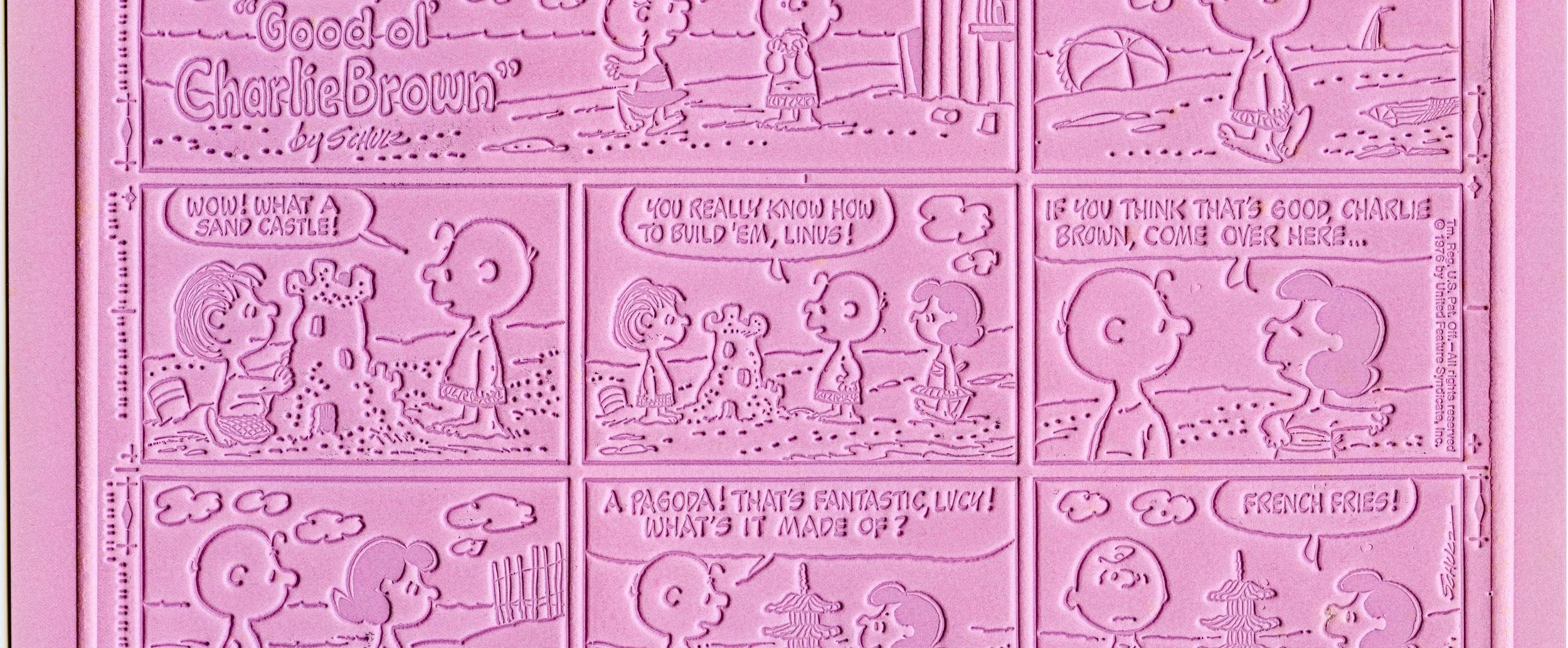Apple's acquisition of Beats was already analyzed to death before today's announcement because the news of negotiations leaked weeks ago. The final price is $2.6 billion in cash and $400 million in stock. However, the New York Times' Brian X. Chen, a long-time Apple reporter and sensible person, paraphrased or asserted the oddest statement relative to Apple's 1996 acquisition of NeXT:
Still, some other analysts, like Toni Sacconaghi, a financial analyst for Sanford C. Bernstein, were puzzled by the acquisition, especially the high price. After all, in 1996, Apple paid much less -- about $400 million -- to acquire the computer company NeXT, which brought Mr. Jobs back to the company.
This sounded rather peculiar. Was $400 million "much less" by any reasonable measure except in absolute cash terms, a comparison that makes little sense without taking into account the size of a company's business? I did a little research to find out.
The NeXT acquisition was announced 20 December 1996. The deal was for $429 million in cash and 1.5 million shares of Apple stock. As of the last reported earnings in October 1996, Apple had $1.7 billion in cash and equivalents on hand, but its debt left it net $610 million.
Adjusted for stock splits, Apple was trading at $5.62 on the day the deal closed, so the value of NeXT stock was $8.4 million. (The shares were assigned to Steve Jobs, so he didn't take any cash as part of the sale.) The cash portion was 70 percent of Apple's available cash.
Adjusted for inflation, the total value of the cash portion of the deal on the day of the sale would be roughly $650 million today. Shares are accounted for in earnings, but don't directly affect the balance sheet — it creates issues with diluting stock value and the company having less stock that it can use for other purposes later.
Apple reported in April that, as of the end of its first 2014 fiscal quarter in March, it had $156 billion in cash and securities. It has $17 billion in bonds it issued to avoid paying tax on repatriating overseas profits to use to pay dividends to shareholders.
The Beats cash portion represents 1.9 percent of that money hoard less bond obligations; Apple will also provide about 640,000 shares to Beats. NeXT was not a going concern when purchased, while Beats has a reported $1.5 billion in 2013 revenue. There's no widely available information about whether it is profitable or not.
Compared to NeXT the Beats deal seems a bargain.
